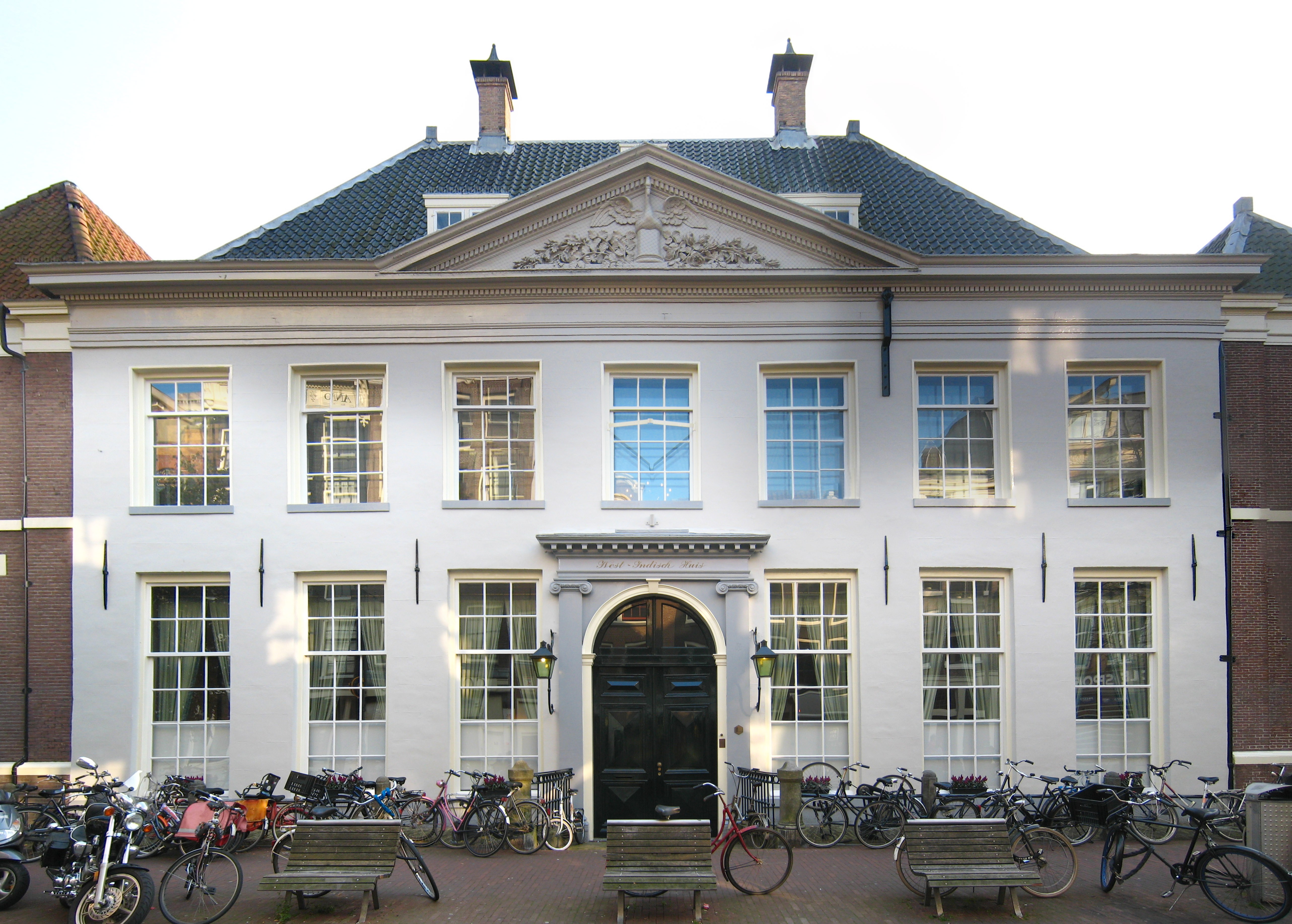|
Saw-kill Mill
The Sawkill mill was a sawmill and slave quarters established by the Dutch West India Company in 1626, as part of the construction of New Netherland, a colonial province in North America. The mill was located at the mouth of the Sawkill, a stream that originated in what is now Central Park in New York City, and flowed into the East River. The slaves, who were mostly men, cut wood for the new colony and Log driving, floated the logs which were guided by boat to New Amsterdam, the capital of New Netherland. The mill and the slave quarters are depicted on The Manatus map of 1639, the oldest map of Manhattan Island, which shows the Saw-Kill as a slave settlement of the Dutch West India Company, not as a mill site. This implies that by 1639, the Saw-Kill mill had reduced its wood-cutting activities. History The Sawkill, Saw-Kill or Colondonck's kill (the Dutch place-name for Saw Mill Creek) was the largest hydrological network on Manhattan island in New York City before the Dutch colo ... [...More Info...] [...Related Items...] OR: [Wikipedia] [Google] [Baidu] |
Dutch West India Company
The Dutch West India Company ( nl, Geoctrooieerde Westindische Compagnie, ''WIC'' or ''GWC''; ; en, Chartered West India Company) was a chartered company of Dutch merchants as well as foreign investors. Among its founders was Willem Usselincx (1567–1647) and Jessé de Forest (1576–1624). On 3 June 1621, it was granted a charter for a trade monopoly in the Dutch West Indies by the Republic of the Seven United Netherlands and given jurisdiction over Dutch participation in the Atlantic slave trade, Brazil, the Caribbean, and North America. The area where the company could operate consisted of West Africa (between the Tropic of Cancer and the Cape of Good Hope) and the Americas, which included the Pacific Ocean and the eastern part of New Guinea. The intended purpose of the charter was to eliminate competition, particularly Spanish or Portuguese, between the various trading posts established by the merchants. The company became instrumental in the largely ephemeral Dutch coloni ... [...More Info...] [...Related Items...] OR: [Wikipedia] [Google] [Baidu] |

